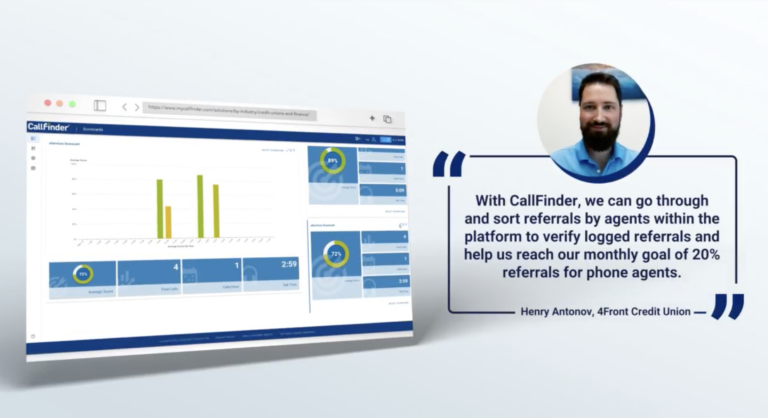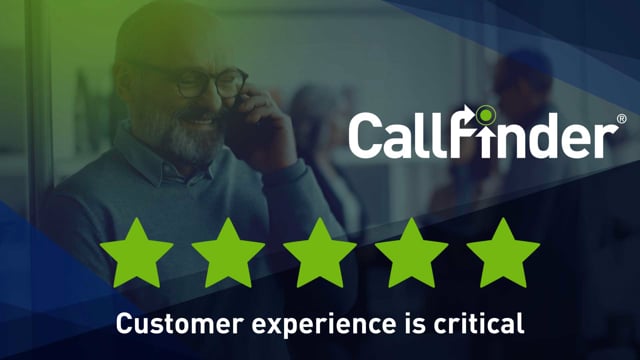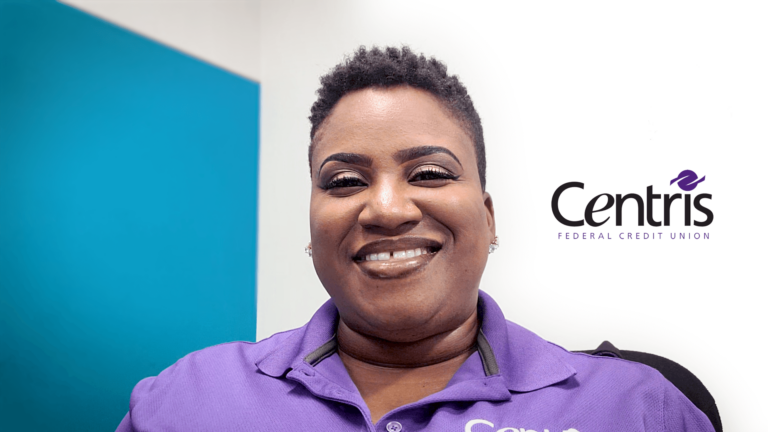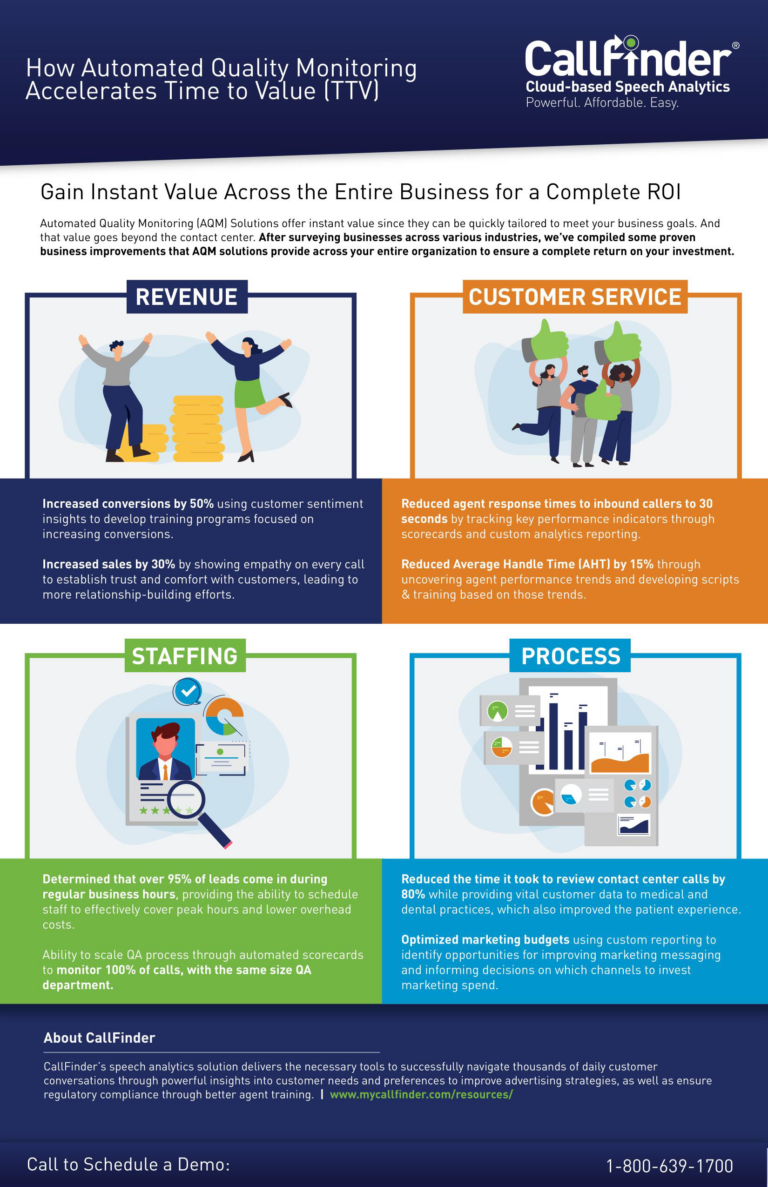What is Overtalk and Why Should You Care?
Overtalk during agent-customer conversations happens a lot more often than you might think. What is overtalk? Put simply, an overtalk event happens when both parties speak at the same time. While overtalk is an inevitable, and often natural, part of any phone conversation, too much overtalk can have devastating and lasting effects on agent performance and the customer experience.
Overtalk events can actually indicate more serious concerns that QA managers will want to address. In this post, we’ll cover a few contact center areas in which overtalk can have a negative impact, and why. Then we’ll discuss the best way to reduce overtalk and improve contact center performance.
Poor Listening Skills = Poor Agent Performance
Good listening skills are crucial to an agent’s success. It is of utmost importance that agents fully hear and comprehend what a caller is saying. Not only will this help the agent find the best solution, but it also helps the agent understand the emotion behind what the caller is saying. If the agent hears that a caller is upset at the start of the call, the agent can improve the call outcome by first addressing any tension. Simply acknowledging that a customer is upset goes a long way.
But if an agent is constantly interrupting or talking over a caller, the agent cannot fully understand what the caller needs. As a result, the agent may struggle with determining how to assist the caller. This sets up a pattern that’s often difficult to reverse. Or the customer may become distracted and forget to relay important information. More importantly, if a customer does not feel heard from the start of the call, that customer is already on the path to a poor customer experience.
Overtalk Increases Average Handle Time (AHT)
Overtalk can also affect Average Handle Time (AHT) – the time it takes to resolve a call. Ideally, an agent’s AHT should be minimal. But agents often talk over callers because they want to quickly finish the conversation and reduce their AHT score. This obviously leads to an even longer AHT because it forces callers to repeat themselves. Plus, this is a huge waste of valuable time for everyone.
But the larger concern here is that talking over callers doesn’t give the agent an opportunity to understand what the caller needs at the beginning of the call. The agent must then take even more time to help the customer. If the customer then has to call back to speak with a different agent or worse, a manager, it will also negatively impact First Call Resolution (FCR) rates.
No Customer Likes Being Interrupted
Customers who frequently deal with agents talking over them will understandably become frustrated and angry. Even if the agent has the correct solution from the start, too much overtalk can make the conversation feel rushed, and the customer’s needs unimportant. This may lead callers to believe the agent sees them (and their problems) as a nuisance that simply needs to be “dealt with.”
Every time an agent dismisses a customer, which is essentially what happens during overtalk events, that agent has created a bad customer experience just from one interaction. But overtalk influences a lot more than CX. As you can see from the few examples cited above, excessive overalk affects all areas of contact center performance.
What’s the Solution?
When both parties are constantly speaking at once, it’s hard to accomplish anything. But there is a solution to this problem. Automated quality monitoring solutions with overtalk detection quickly reveal which agents need more nuanced training. Call transcriptions can also reveal what happened during the call that led to an overtalk event.
The more granular the data, the easier it is to train agents and fix performance problems. Once your agents develop better listening skills, you will see a dramatic drop in overtalk events.
Ready to see how QA Managers use CallFinder’s silence and overtalk detection and automated transcriptions to improve CX and agent performance?
Then schedule a custom demo with one of our Speech Analysts! Your customers, and your agents, will thank you for it.











